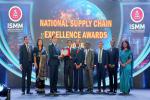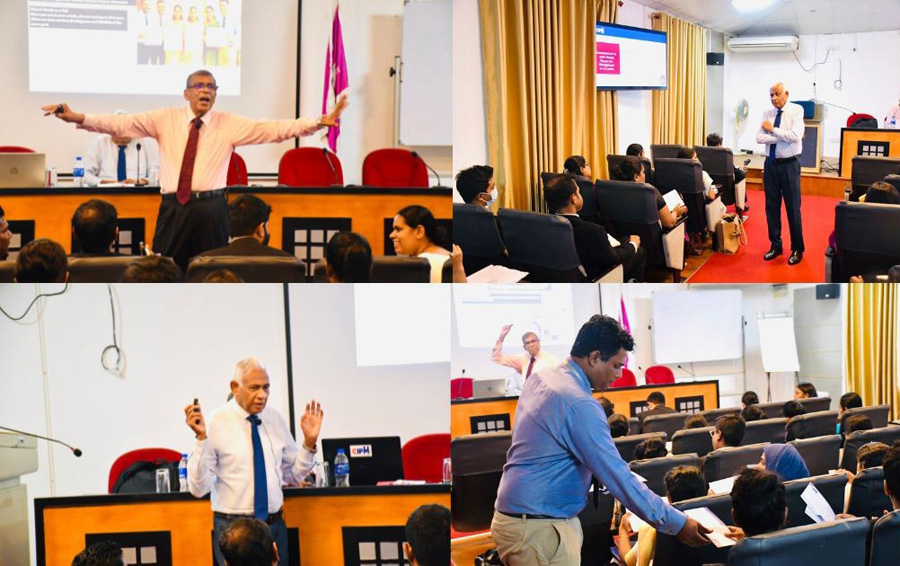Held on Wednesday, 9 July 2025, at the SLJI Auditorium in Colombo, the session brought together over 50 judicial officers for a day of deep reflection, learning, and renewal of purpose.
This landmark initiative recognized the evolving role of judges—not merely as arbiters of law but as leaders, communicators, and human beings entrusted with shaping lives through empathy and fairness.
In a world increasingly driven by artificial intelligence and automation, the program boldly underscored a vital truth: the bench may be assisted by algorithms, but it can never be replaced by them.
Delivering the session on “Goal Setting and the Human Side of Justice,” C. Hewapattini, HR Specialist and Fellow of CIPM, explored the intersection of purpose-driven leadership and judicial responsibility.
Through compelling case studies, emotional narratives, and neuro-leadership insights, he demonstrated how a judge’s effectiveness depends as much on emotional intelligence and ethical clarity as it does on legal acumen.
Highlighting the rise of automation in global justice systems—such as Singapore’s AI-based triage and virtual hearings— Hewapattini posed a compelling question:
“In the age of algorithms, who will hear the cry for justice?”
While AI may streamline procedures and predict outcomes, he asserted, it cannot discern body language, read silent suffering, or offer mercy where it is most needed.
“Justice wears a human face,” he reminded the audience.
“It listens deeply, balances mercy with law, and carries the lived realities of those who appear before the court.”
Quoting U.S. Supreme Court Justice Sonia Sotomayor, he emphasized: “Empathy doesn’t change the law—it helps apply it justly.”
The second session, conducted by U.A.C. Obeyesekere, CEO and Fellow of CIPM Sri Lanka, was equally impactful.
His module on “HR Essentials for Judicial Officers” provided practical insights into managing people and performance within the court system.
Topics included recruitment and selection of staff, performance management, constructive feedback, and professional development—all tailored for the unique context of the judiciary.
Mr. Obeyesekere emphasized that leadership in the judiciary is not confined to the bench.
“Judges are de facto leaders,” he said, “and every courtroom is a micro-organization requiring vision, empathy, and a high-performing team culture.”
His session guided participants through real-life scenarios, encouraging ethical leadership, motivational dialogue, and fair yet firm administration.
Interactive activities—including SMART goal-setting, team-building exercises, and emotional feedback simulations—added vibrancy and practical relevance to the day’s proceedings.
The discussions, inspired by stories of exemplary judges, brought the moral dimension of justice to the forefront.
The workshop was enthusiastically received by all participants, with many praising the refreshing blend of emotional reflection, strategic thinking, and skill-building.
As one young judge remarked, “This session reminded me that justice is not just what we do—it is who we are.”
The Sri Lanka Judges’ Institute, under the leadership of its Board of Management, chaired by the Chief Justice, has taken a significant step in reimagining judicial development.
CIPM Sri Lanka, the nation's Leader in HRM, has once again demonstrated its relevance beyond the corporate world—reaching into the heart of justice itself.
Photo caption : Workshop in progress






















